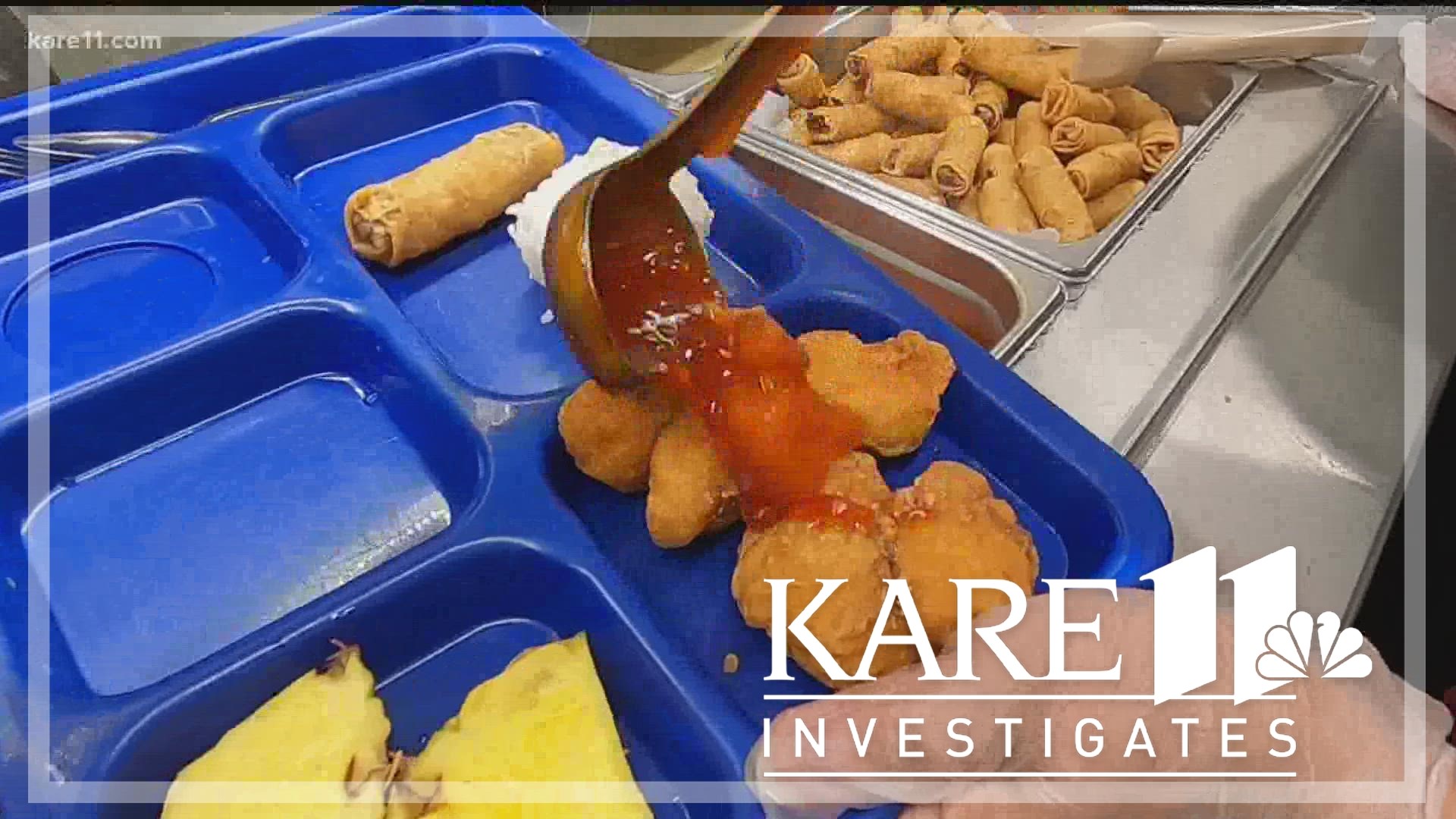MINNEAPOLIS — *Editor's note: The full story airs on Thursday, Mar. 24 in the 10 p.m. newscast.
Five bedrooms, five baths, 6,000 square feet.
It’s a million-dollar home in Plymouth mostly paid for, according to an FBI search warrant affidavit, with money that was supposed to feed children in need.
It's just one of at least 14 properties that federal authorities believe were purchased with taxpayer money siphoned — then laundered — from the USDA's Child Nutrition programs, according to court records.
In late January, the FBI carried out a series of raids to collect evidence in what is described in search warrants as "a large-scale scheme" in which "tens of millions of dollars” in federal funds meant to provide “meals to underprivileged children and adults” was used "to purchase real estate, cars, and other luxury items."
The FBI search warrants say investigators used bank records to show how some of the money was even used to buy properties overseas.

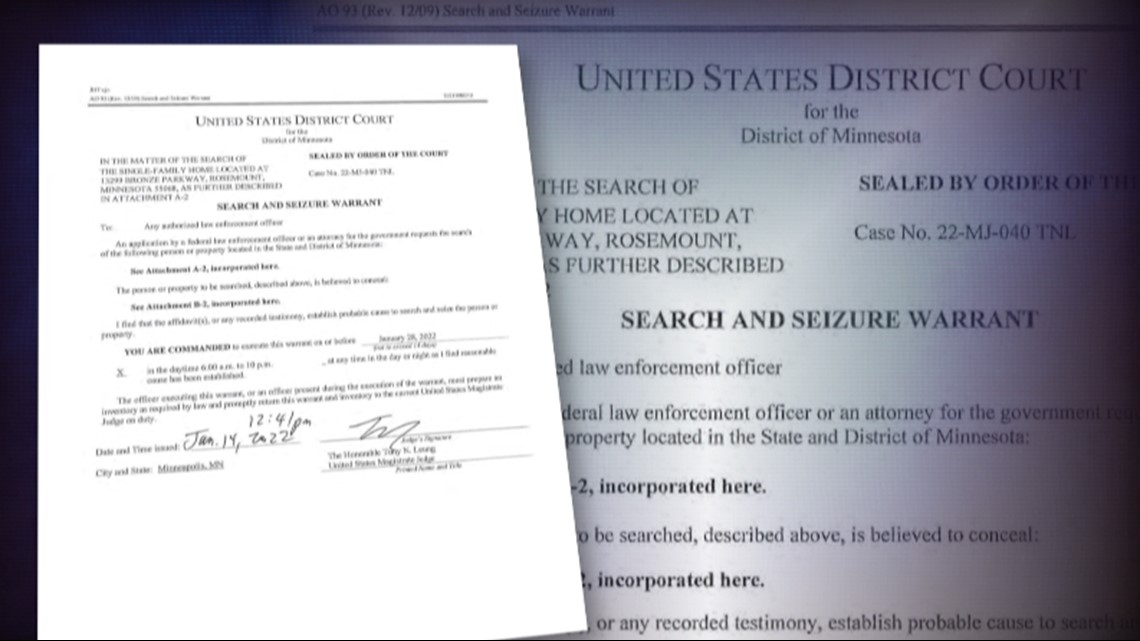
At the center of the investigation is a Twin Cites nonprofit, Feeding Our Future, led by executive director Aimee Bock, according to court records.
Although no one has been criminally charged, the search warrants — and a federal lawsuit in which the government seeks to freeze more than a dozen properties it claims were purchased with stolen money — outline an extensive federal investigation.
KARE 11 has confirmed that a federal grand jury is already seeking evidence in the case.
How the food program works
Prior to the COVID-19 pandemic, most federal child nutrition programs involved in-person meals served at schools. They are important because they provide healthy nutrition to students who may come from food insecure homes.
In Minnesota, the Department of Education oversees the school districts that provide subsidized meals, as well as non-profit groups like Feeding our Future. The non-profits sponsor afterschool programs and childcare centers that also offer subsidized meals.

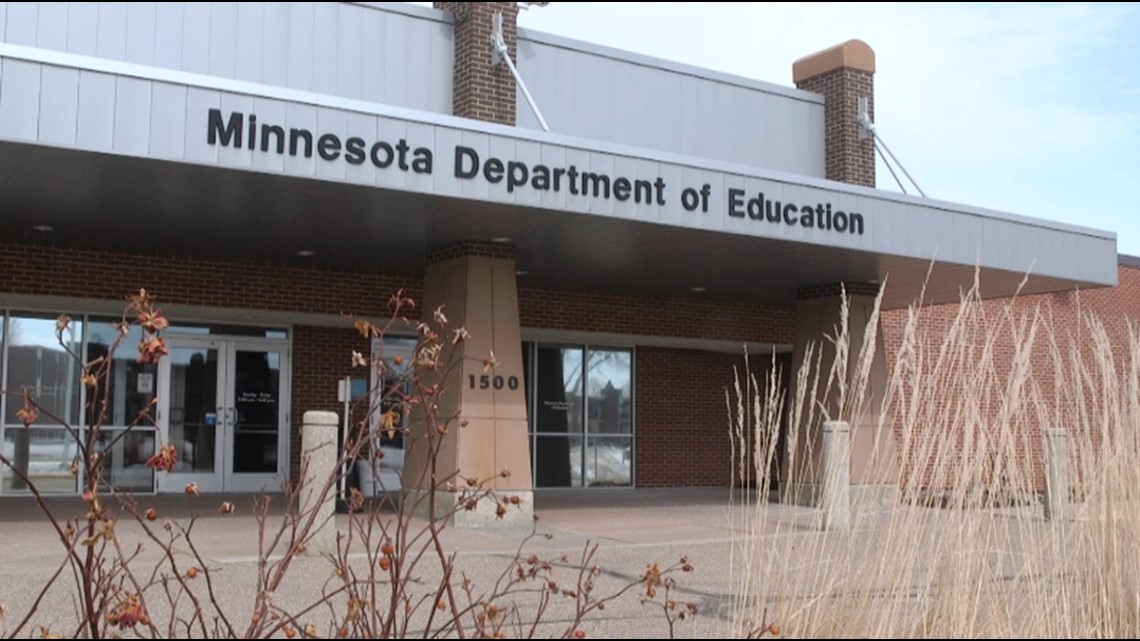
But when the pandemic hit — and schools closed — the USDA loosened requirements in order to continue helping kids.
“Programs were shut down. Schools were shut down. Kids still needed access to meals,” said Kara Lomen.
Lomen is the executive director of Partners in Quality Care — another large Minnesota nonprofit which sponsors child nutrition meal sites. Her organization is not named as a target in the recent search warrants.
“Children had to eat on site before the pandemic,” she explained.
During COVID, however, that changed. The government said meals could be picked up or delivered, often in seven-meal packs.
To make meals more available, the government also started allowing for-profit restaurants to participate as meal sites or vendors — even for virtual child care and afterschool programs where they never physically saw the kids.

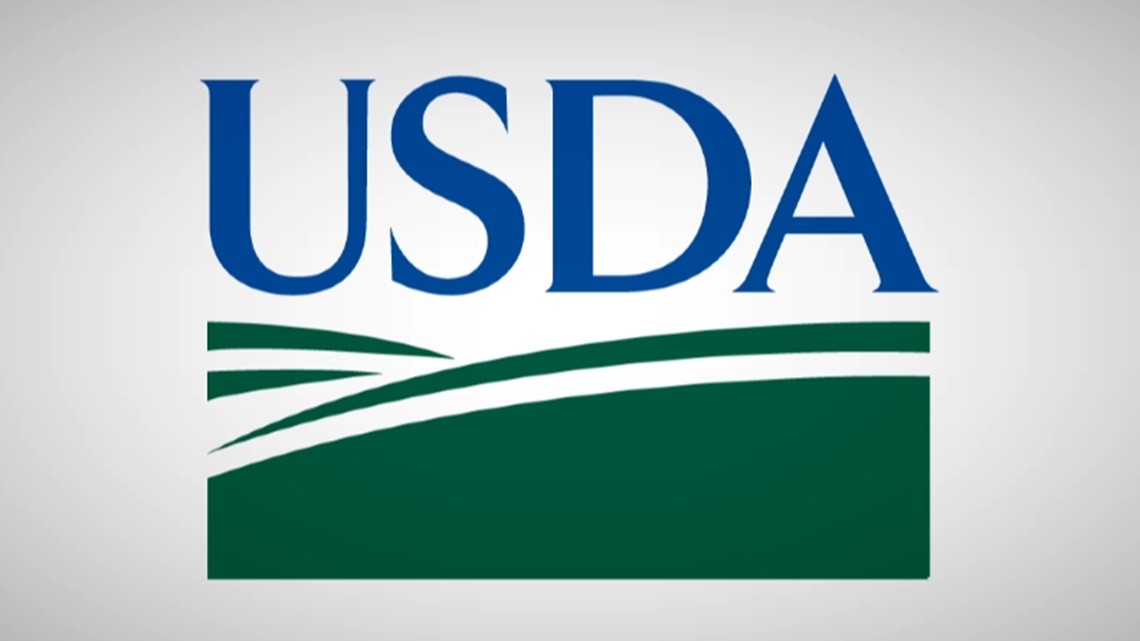
At the same time, the government reduced the number of required inspections of meal sites. Those inspections were designed to make sure meals were really being served. But to limit the spread of COVID, officials decided to reduce face-to-face contacts between children and inspectors.
Opening the floodgates to fraud?
Critics says the rule changes invited fraud.
“When you turn on that spigot to that extent, then you remove some of these general guidelines in an attempt to make it easier and streamline it, it made it even easier to commit fraud and steal this money," said state Senator Roger Chamberlain (R – Lino Lakes).
Federal rules allow nonprofits overseeing the childcare and afterschool sites to keep up to 15% of the federal money they pass along for meals. Chamberlain believes that is a built-in incentive for some of them to recruit more sites — but look the other way when it comes to checking whether meals were really being served.

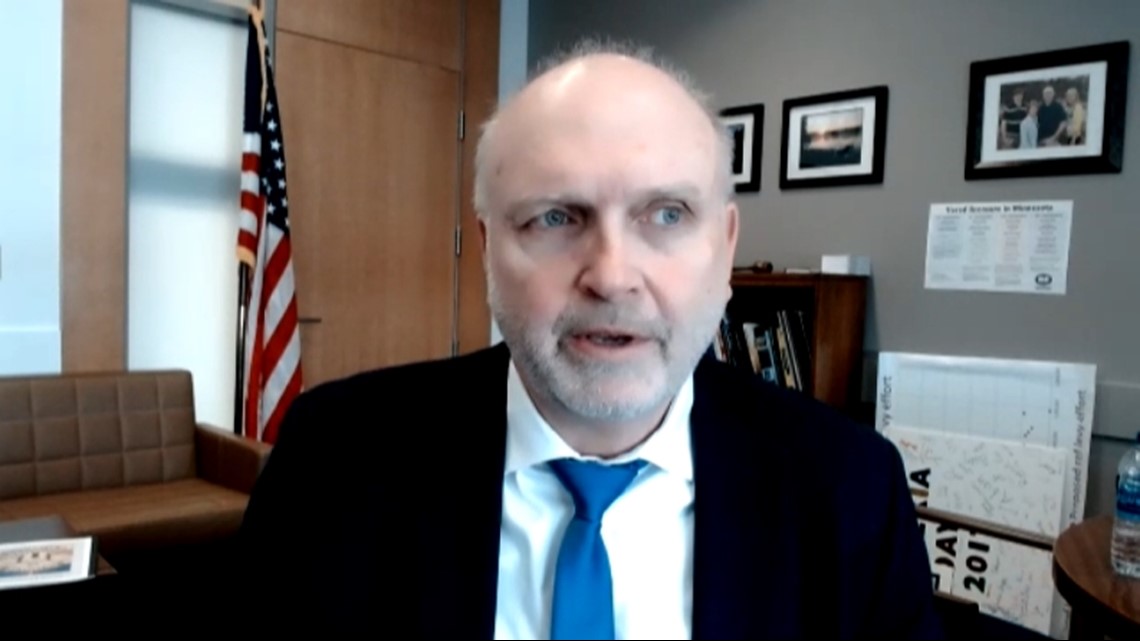
“When you have $300 million flowing into the system, 15% tends to be quite a big chunk of money,” he said.
As the number of meal sites Feeding Our Future sponsored skyrocketed, the amount of federal child nutrition money flowing through the local non-profit also exploded — from $3.4 million in 2019 to $197.9 million in 2021 during the pandemic.
Court records show the Minnesota Department of Education (MDE) began to suspect some of the sites were diverting funds — effectively stealing millions of dollars meant for kids. Records show MDE officials alerted the FBI.
Following the money
When the FBI began investigating, court records show agents used bank records to trace the federal food money from Feeding Our Future to its vendors and through multiple alleged shell companies.

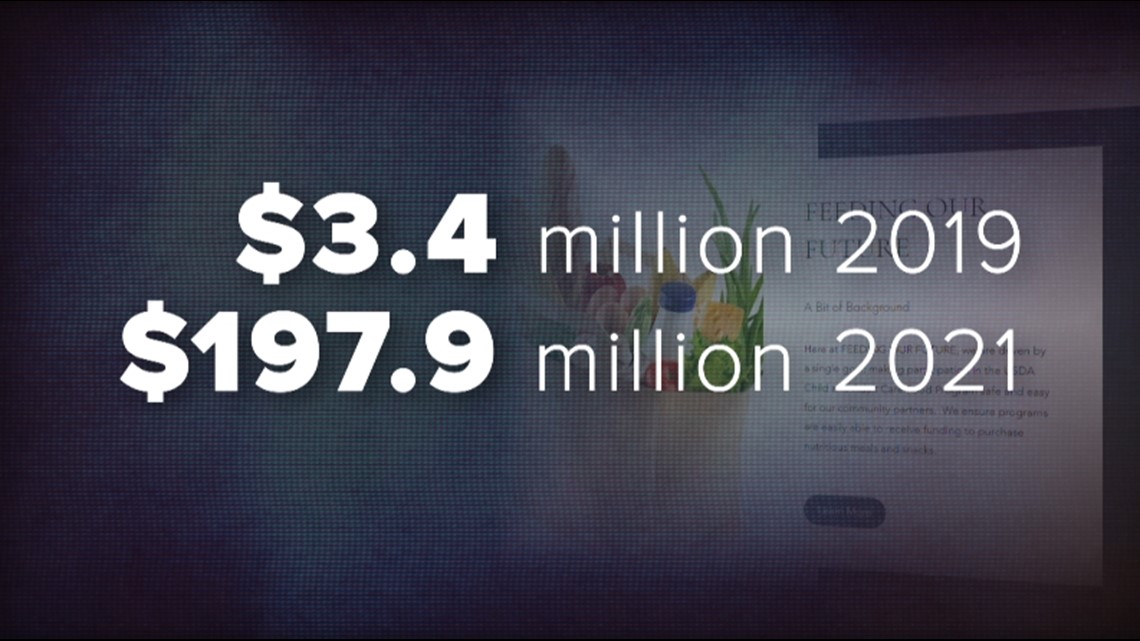
The search warrants detail how the FBI believes the funds were ultimately used to purchase expensive cars, luxury items and multiple properties — even some overseas.
Here’s one example. While supervised by Feeding Our Future, court records show Safari Restaurant — which specializes in Somali and African food — claimed to be serving meals to 5,000 kids per day.
The FBI search warrant notes that's more students than attend Minnesota's largest high school in Wayzata.
So, where did the money go?
The FBI search warrants claim it was used to pay for properties, including that million-dollar home in Plymouth where it says Safari’s owner and his wife moved into last summer.

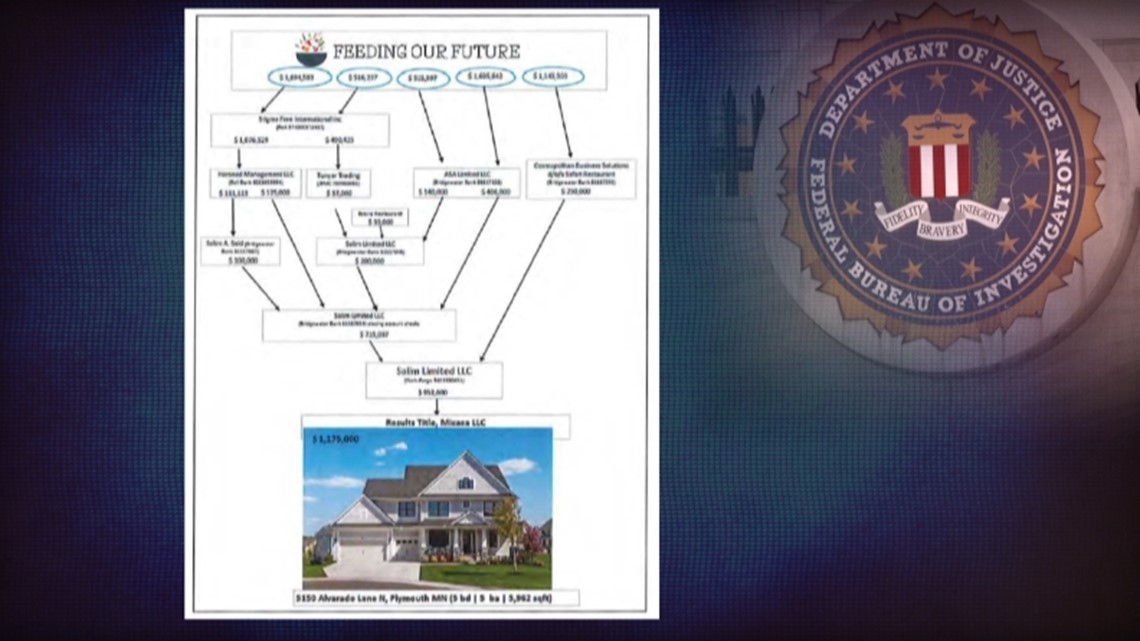
So far, no one has been charged. The owners of Safari Restaurant and the head of Feeding Our Future deny any criminal wrongdoing.
That leaves a federal grand jury to decide whether to indict anyone for knowingly diverting money meant to feed kids.
Editor’s note: KARE 11 normally doesn’t name people or businesses in criminal investigations until they’ve been formally charged. We are in this case, however, because the names are public – not only in the search warrants, but also in the federal lawsuit in which the government is already attempting to freeze the properties it claims were purchased with stolen money.
Watch more KARE 11 Investigates:
Watch all of the latest stories from our award-winning investigative team in our special YouTube playlist:

